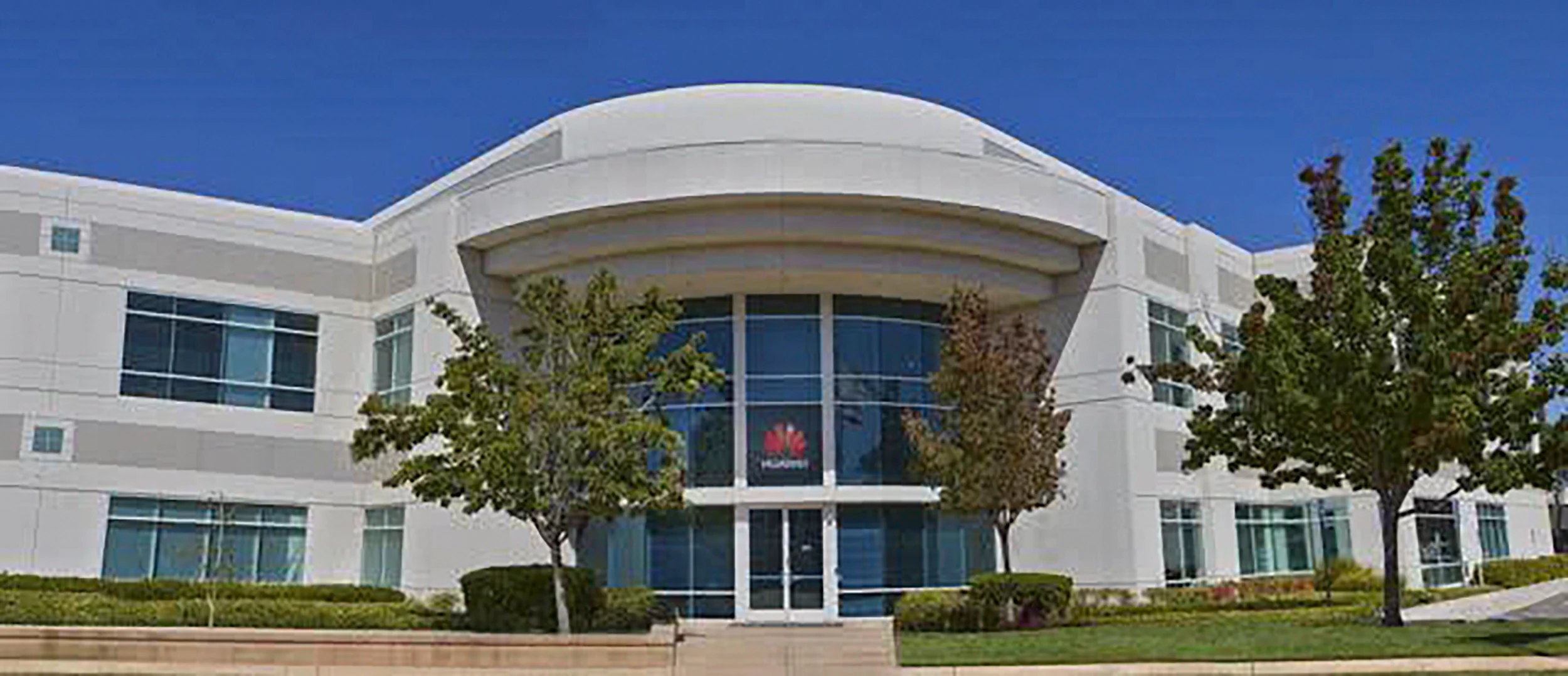By Ben Andrews
Copyright cbc

Justice Minister Sean Fraser tabled new legislation Friday introducing four Criminal Code offences, including one that would make it a crime to intentionally promote hatred against identifiable groups in public using certain hate- or terrorism-related symbols.
If passed, the Combatting Hate Act would target symbols used during the Holocaust, such as the swastika and SS lightning bolts, or associated with the government’s list of terrorist entities, which includes the Proud Boys, Hamas and Iran’s Islamic Revolutionary Guard Corps.
It would, for instance, make it a crime to promote hatred against Jewish people using Hamas flags or swastika signs outside a synagogue.
It would also make hate-motivated crime a specific offence and crack down on willfully intimidating and obstructing people outside places of worship and other sensitive institutions.
Multiple Canadian municipalities are currently grappling with the issue through the use of “bubble” bylaws that allow for buffer zones around certain locations, and Fraser stressed that the authority for regulating spaces “in general terms” falls with local councils — not the federal government.
The legislation also adds two further measures that would make it easier to prosecute individuals found to have wilfully promoted hatred: adding a definition of “hatred” to the Criminal Code; and removing a requirement for the consent of the provincial attorney general to prosecute a hate crime.
“This behaviour is not just morally culpable, the impact has reverberations through the entirety of the community. And, I would argue, tears at the seams of the social fabric of the nation,” Fraser said in a Friday afternoon news conference.
The government had promised to address a recent rise in hate incidents in Canada, including acts of antisemitism and Islamophobia.
The total number of police-reported hate crimes across the country increased to 4,882 incidents last year, up from 2,646 in 2020, according to Statistics Canada.
The Conservatives, who have hammered the Liberals on crime early in the fall parliamentary sitting, have criticized the government for taking too long to act on the issue.
Likewise, Jewish and Muslim groups say a federal response to acts of violence, vandalism and hate is long overdue.
Concerns over the right to protest
Now that the government’s response has been tabled, some organizations are raising concerns over whether the bill could be used to infringe on the right to peaceful protest.
The Canadian Civil Liberties Association (CCLA) takes issue with the use of the Criminal Code, referring to it as a “blunt instrument” that may not be best suited to addressing the goal of protecting identifiable groups.
“We are concerned that the government might move away from a strict public safety agenda, and instead use the bill to criminalize unpopular, dissenting and offensive speech,” said CCLA lawyer Anaïs Bussières McNicoll.
Fraser said the bill includes specific language exempting peaceful protest from persecution and would only apply to conduct where the “motivation” is to intimidate or prevent someone from practising their faith.
“We have included specific provisions to exempt peaceful protest,” Fraser said.
Stephen Brown, CEO of the National Council of Canadian Muslims, said he is broadly supportive of the legislation.
He said it addresses long-standing requests from the Muslim community, such as the specific “free-standing” provision for hate crimes, but added that success moving forward will hinge on whether the bill can protect minority groups while preserving civil liberties.
“Finding the right balance is what’s important,” Brown said.
The council does, however, have lingering concerns over how the law will be applied and whether law enforcement will properly distinguish between what does and does not count as a hate symbol.
The law as currently written explicitly targets symbols used by Nazis and listed terrorist entities, but also covers anything that “so nearly resembles” those symbols it could be confused for one of them.
Fraser said that language helps to “protect against counterfeits.”
Richard Marceau, vice-president of external affairs with the Centre for Israel and Jewish Affairs, said he would have liked to see hate symbols banned outright, rather than merely when they are used to promote hate in public.
Marceau nonetheless called the bill a “step in the right direction,” following two years in which Jewish community centres, schools and synagogues have been “under siege.”
“Having this [legislation] is an important message that this will not stand.”



